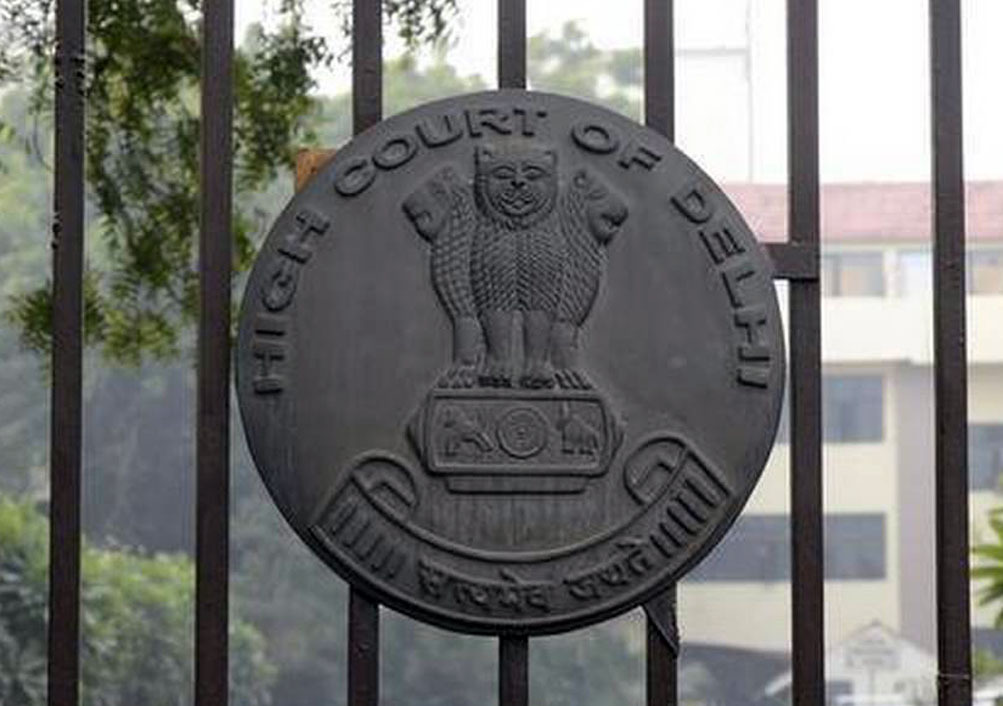Non-examination of independent witnesses does not take away credibility of prosecution: Delhi High Court [Read Judgement: Pramod Giri vs State of Delhi]

By LE Staff
New Delhi, July 2, 2021: Non-examination of independent witnesses would not take away the credibility of the prosecution, the Delhi High Court has ruled while disposing of a plea after observing that the prosecution has proved the guilt of the accused beyond reasonable doubt.
A Bench of Justice Subramonium Prasad said minor inconsistencies among the witnesses would not persuade them to come to a conclusion that the entire case of the prosecution is to be ignored.
The High Court dismissed the appeal against a trial court order of 2009 that had sentenced the appellant to undergo rigorous imprisonment for three years and six months and to pay a fine of Rs.3,000/- for the offence punishable under Section 308 (attempt to culpable homicide) and 34 (common intention) of the IPC.
The accused had shot the complainant because he had taken away the motorcycle of the accused which had been financed by an agency.
The Bench took note of the fact that the Supreme Court in Namdeo v. State of Maharashtra, has observed that: “…a close relative cannot be characterized as an ‘interested’ witness. He is a ‘natural’ witness. His evidence, however, must be scrutinized carefully. If on such scrutiny, his evidence is found to be intrinsically reliable, inherently probable and wholly trustworthy, conviction can be based on the ‘sole’ testimony of such witness. Close relationship of witness with the deceased or victim is no ground to reject his evidence…”
The Bench also refused to believe the defence put forward by the accused as there was no corroboration, and said the plea of alibi must generally be supported by some corroborative evidence.
“Nothing has been brought on record to show that prosecution witness would go to the extent of inflicting an injury on himself only to implicate the accused. The appellant had the motive to cause harm to the victim and his family but it cannot be said that the injured witness had any motive to somehow implicate the accused,” opined the Court.
The Bench thus upheld the decision of the trial court that the prosecution has proved its case against the appellant for having intent and knowledge of attempting to commit culpable homicide not amounting to murder.
Sign up for our weekly newsletter to stay up to date on our product, events featured blog, special offer and all of the exciting things that take place here at Legitquest.




Add a Comment